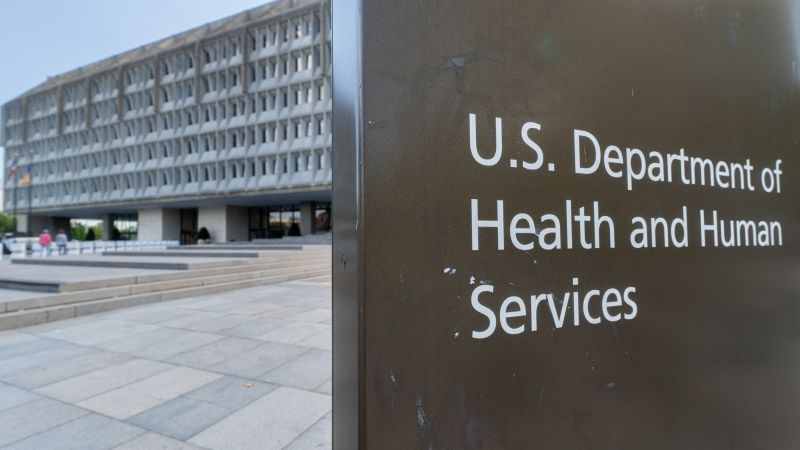—
A public health advocacy group is raising concerns about a “DEI Watchlist” recently launched by a conservative organization intent on identifying federal workers who might not carry out President Donald Trump’s agenda.
The list says it’s “exposing the unelected career staff driving radical Diversity, Equity, and Inclusion (DEI) initiatives within the federal government.” It includes “dossiers” – an earlier version of the site said “targets” – with names, photos, some salaries and other details on at least 57 federal employees, many of whom work at public health agencies within the US Department of Health and Human Services. Many of the workers named are women and Black people.
HHS has not responded to ’s request for comment.
The website, by the American Accountability Foundation, appears to have been online for about a week. The group has put together similar watchlists of federal workers within the Department of Education and the Department of Homeland Security. The organization is one of the groups that has advised Project 2025, a conservative blueprint for reshaping the federal government.
Dr. Georges Benjamin, executive director of the American Public Health Association, said the new DEI Watchlist “is done to threaten, to intimidate, to scare.”
“They don’t deserve this,” he said of the people on the list. “I see it as racist.”
Tom Jones, president of the American Accountability Foundation, called the idea that the list is a threat is “nonsense” and said the language was changed from “targets” to “dossiers” for “stylistic” reasons.
“They want to scream that this is a threat because they want to shut down speech they disagree with and make it into something it’s not,” he said.
Jones said the goal of the DEI Watchlist “is to help make sure that there are as many eyeballs and resources in identifying folks who are aggressive advocates in this space so the administration can find ways to reassign them and make sure their job isn’t promoting this destructive ideology.” The focus of the list was broadened outside of people in diversity offices and positions.
Get Health’s weekly newsletter
Asked whether people making personnel decisions have reviewed his group’s research, he said: “I have a decent degree of confidence that the right people are reading our work.”
Benjamin said he is concerned that these types of attacks may dissuade people from continuing to work on addressing health inequities in underserved communities – work that often has been done through DEI initiatives.
“It dissuades people from wanting to be visible in this space,” he said, adding that he does not view DEI efforts as discriminatory but as a way to ensure that everyone has access to the care, tools, treatment and resources for achieving equitable health outcomes across all communities and demographics.
“They were designed to go to people who are in underserved communities and help them and bring everybody up,” Benjamin said. “I hope that people will continue to do the work, and I can tell you, we’re going to continue to do that work, because this is a matter of life and death.”










